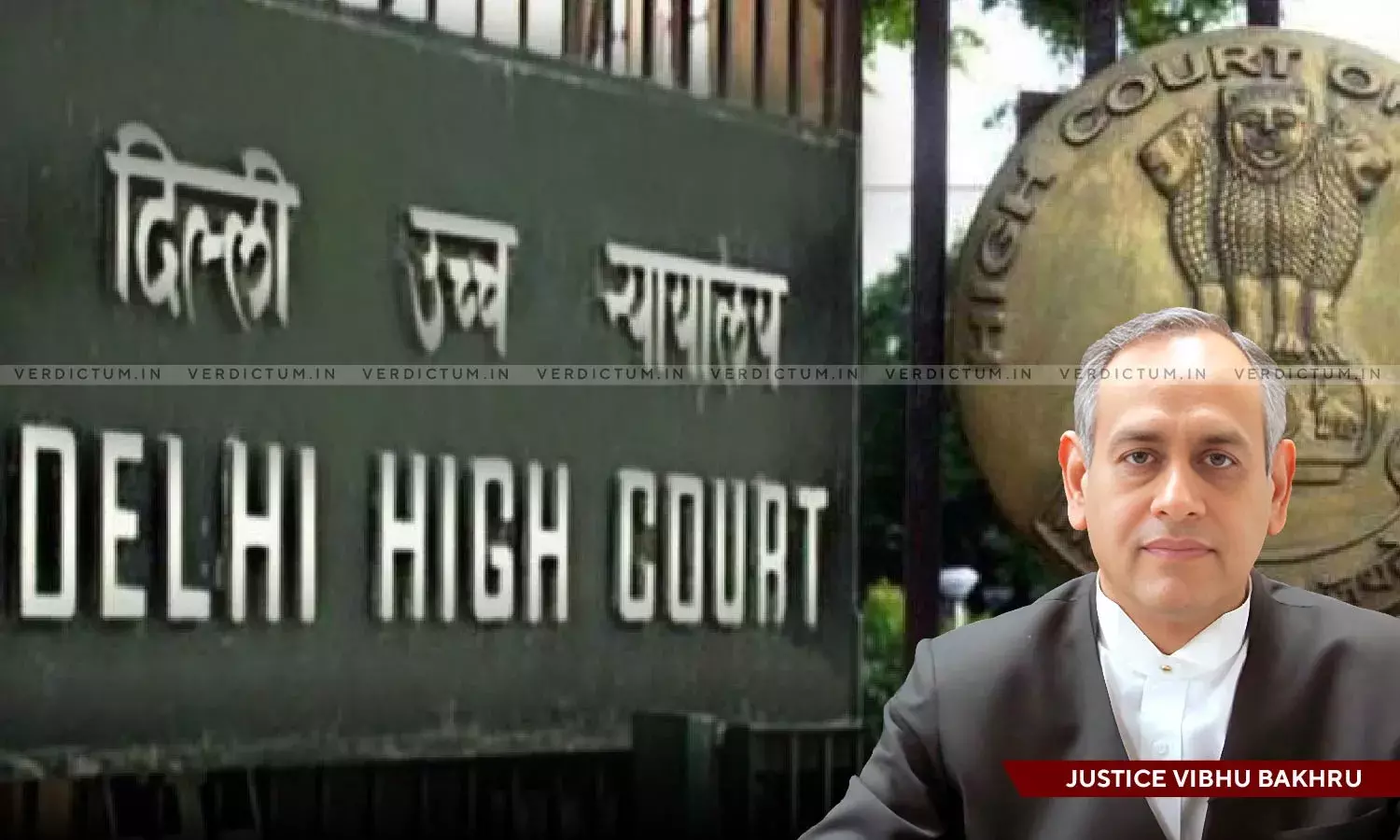CCI Can Regulate Markets But Cannot Review Decisions Taken By Statutory Regulators Exercising Statutory Powers: Delhi HC
The Delhi High Court recently quashed the order passed by the Competition Commission of India (CCI) under Section 26(1) of the Competition Act, 2002 whereby the Director General was directed to conduct investigation into the matter relating to Continuing Professional Education (CPE) program being conducted by the Institute of Chartered Accountant of India (Petitioner/ICAI).
While quashing the said order, the Delhi High Court held that the power of the CCI was limited to regulating markets and does not extend to reviewing the decisions taken by statutory regulators in exercise of their statutory powers.
While emphasizing on the fact that the power does not extend to ‘addressing any grievance’ regarding the arbitrary action by statutory authority, the Single Judge Bench of Justice Vibhu Bakhru stated that “The CCI has wide powers under the Competition Act but this Court is unable to accept that the said powers extend to reviewing all decisions made by statutory bodies or a foreign government, which are not relatable to a sovereign function of the Government. The scope of examination must be confined to only those areas of economic activities, which have a bearing on the market that engages entities involved in trade and commerce.”
Senior Advocate A.N. Haksar appeared for the Petitioner, whereas Advocate Vaibhav Gaggar appeared for the Respondent.
In a brief background, the Petitioner, as a part of its functions, had framed the CPE program, which required its members to continue to keep themselves abreast of professional developments and skills by participating in educational activities related to the profession on a continuous basis. In the year 2013, the second Respondent (Informant) filed information with the CCI under Section 19(1) of the Competition Act stating that only the Petitioner and its organs were conducting the structured learning activities and had not recognized any other body to conduct such learning activities. This was in violation of Section 4 of the Competition Act with which CCI had, prima facie, agreed. The Petitioner had contended that it was a non-profit organization thus CCI did not have any jurisdiction over its activities and the CPE program had been structured in exercise if its powers granted it under the Chartered Accountants Act, 1949 (CA Act). The informant submitted that the Petitioner was a member of the International Federation of Accountants (IFAC) and was obliged to follow the IFAC best practices and were required to ensure that their members updated their knowledge on a continuing basis by conducting a continuing professional development program. The informant alleged that the Petitioner was abusing its dominant position as a ‘Regulator’ to create a monopoly in the service of providing CPE seminars, which violated Section 4(1) of the Competition Act. In short, the informant challenged the policy decision of the petition to conduct the CPE program in-house, either directly or through any of its organs.
The CCI was of the view that although the Petitioner carried out regulatory functions under the CA Act, it also carried out other ‘commercial/economic activities like conducting professional courses including the CPE programs and publication of book relating to profession of CAs apart from conducting examination for CAs’. The CCI further observed that there appeared to be force in the allegations of the informant that the restrictions put in by Petitioner in not allowing any other organization to conduct the CPE seminars for CPE credits created an entry barrier for other players in the relevant market.
After considering the submission, the High Court stated that the decision of Petitioner to frame the CPE Program for maintenance of professional standards could not be considered as abuse of its dominant position.
“ICAI is charged with the function of maintaining professional standards and it conducts the educational program for structured CPE Credits, in-house or through its organs. Thus, in essence, the Informant seeks that the said function be outsourced. Such outsourcing would create a market as the other entities would be entitled to participate as market players in that market”, added the Court.
The Bench stated that the Competition Act does not contemplate the CCI to act as an Appellate Court or a grievance redressal forum against the decisions taken by statutory regulators, in exercise of their statutory powers and were not interfaced with trade or commerce.
Further, the Bench explained that a statutory body may in course of its functions, also make decisions which involve trade and commerce, and the Petitioner fell within the definition of a statutory authority within the meaning of Clause (w) of Section 2 of the Competition Act.
The High Court therefore concluded that “ICAI being a statutory body and charged with taking the necessary powers to take decisions regarding the conduct of the CPE program for enrolling as a chartered accountant as well as for maintaining the standards of the profession; its decisions in this regard cannot be a subject matter of review by the CCI. Such decisions do not operate in any market of trade or commerce. Such decisions do not operate in any market of trade and commerce."
Cause Title: Institute of Chartered Accountants of India v. Competition Commission of India [Neutral Citation: 2023: DHC: 4000]
Click here to read / download Judgment




